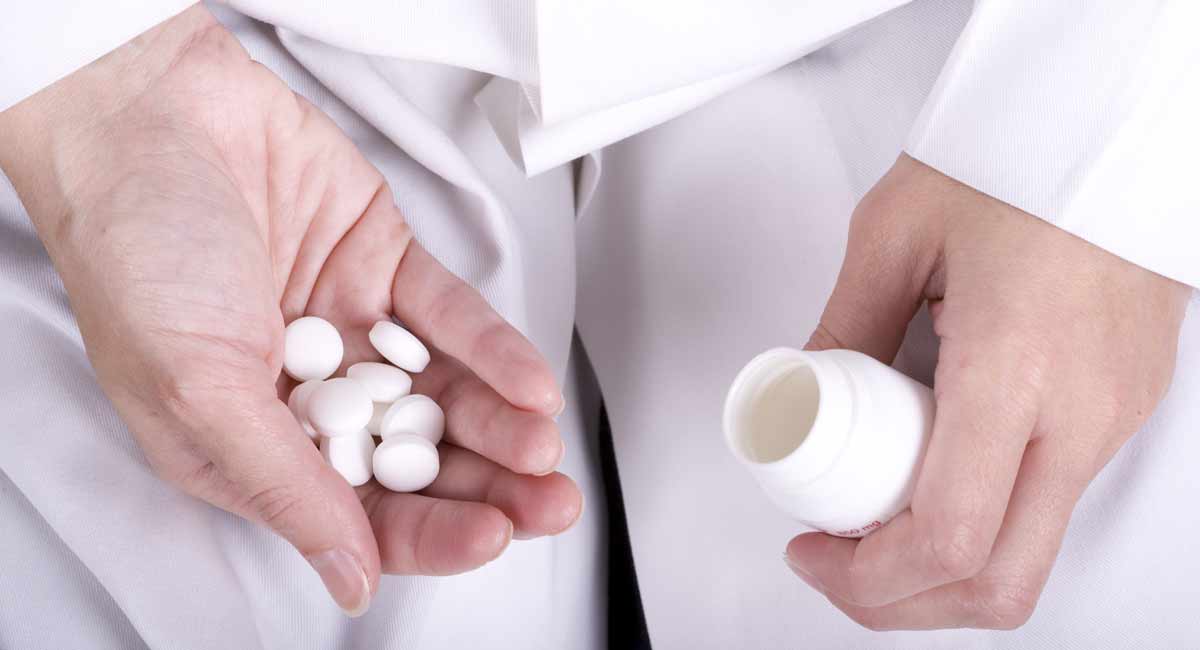Last year, Hawaii became the sixth state to legalize assisted suicide, with the law officially going into effect earlier this month. But for assisted suicide advocates, there has been a bit of a snafu: most Hawaiian doctors and pharmacists are not willing to participate.
While health care facilities themselves are willing to provide the fatal drugs to allow patients to kill themselves, it is doctors and pharmacists that must prescribe and dispense them, and these health care providers are able to decide if they want to do so or not. Most appear to be refusing. “There are a number of health care providers, nurses and others who are really uncomfortable about this, so asking anybody to participate as a patient ends their life is a really tough thing,” Melinda Ashton said in an interview with KOAT. Ashton serves as the chief quality officer for Hawaii Pacific Health, one of the largest health care providers in Hawaii. “The most recent barrier does seem to be we haven’t yet located a pharmacy willing to provide the medication.”
READ: Most people don’t know what ‘assisted suicide’ actually means
While CVS Pharmacy, for example, has said they will comply with the law, they also said they will allow individual pharmacists to decide whether or not to fill the prescriptions. Hawaii Pacific Health and The Queen’s Medical Center both said their pharmacies will not fill the prescriptions, nor can hospitalized patients take the fatal drugs in the hospital. Dr. Daniel Fischberg, medical director of the Queen’s Medical Center Pain and Palliative Care Department, was not surprised. “There’s definitely diversity of opinion. A minority of physicians feel prepared to actually participate in terms of writing a prescription,” he said to KOAT.
It’s not surprising that so many doctors and pharmacists are not willing to be complicit in the killing of their patients. As assisted suicide spreads, more and more doctors have been speaking out, re-affirming that their goal is to care for their patients, not help them die. Australian doctor John Obeid wrote a scathing criticism of assisted suicide in the Daily Telegraph, saying, “Assisting dying patients by providing pain management and emotional and psychological support is exactly what health professionals already do but assisting a dying patient is altogether different from deliberately ‘assisting’ that patient to die by administering or prescribing a lethal substance.”
Likewise, Washington, D.C. doctor Gracie Pozo Christie has warned against assisted suicide, writing in The Hill, “Some of the most ardent opponents of physician-prescribed suicide are doctors and nurses with plenty of experience accompanying patients through the shock of a terminal diagnosis and the struggle of the last months of life. Becoming an agent of your own patient’s death is directly at odds with a vocation designed to prolong and enhance lives.” The American College of Physicians has recently affirmed their opposition to assisted suicide as well.
READ: Scientists push assisted suicide for ‘dignity’ of Alzheimer’s patients
Most people who go into the medical profession do so because they want to help people, to heal. Very few would have any enthusiasm for being paid to kill. It’s not altogether surprising, then, that there is reluctance among Hawaiian health care providers to participate in assisted suicide. The question then becomes, how long before euthanasia advocates move to force them to do it anyway?







